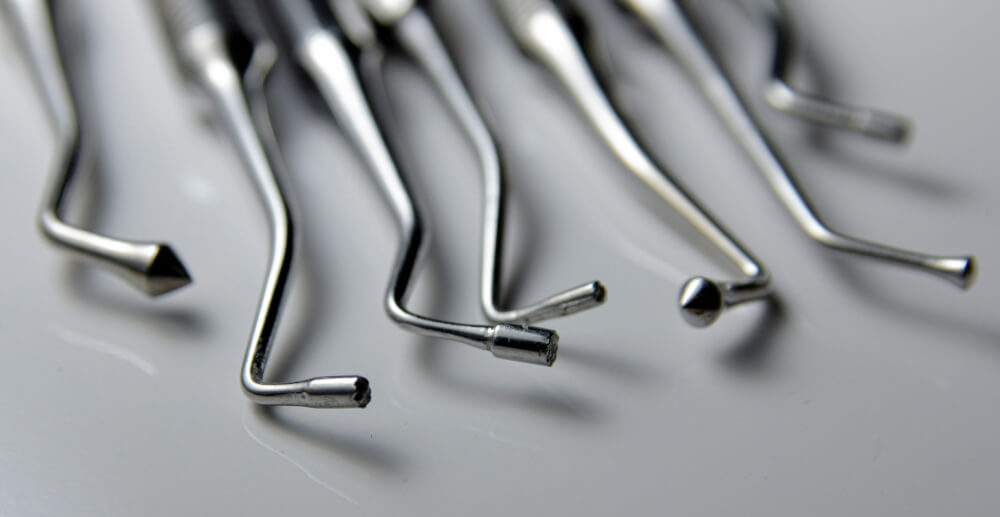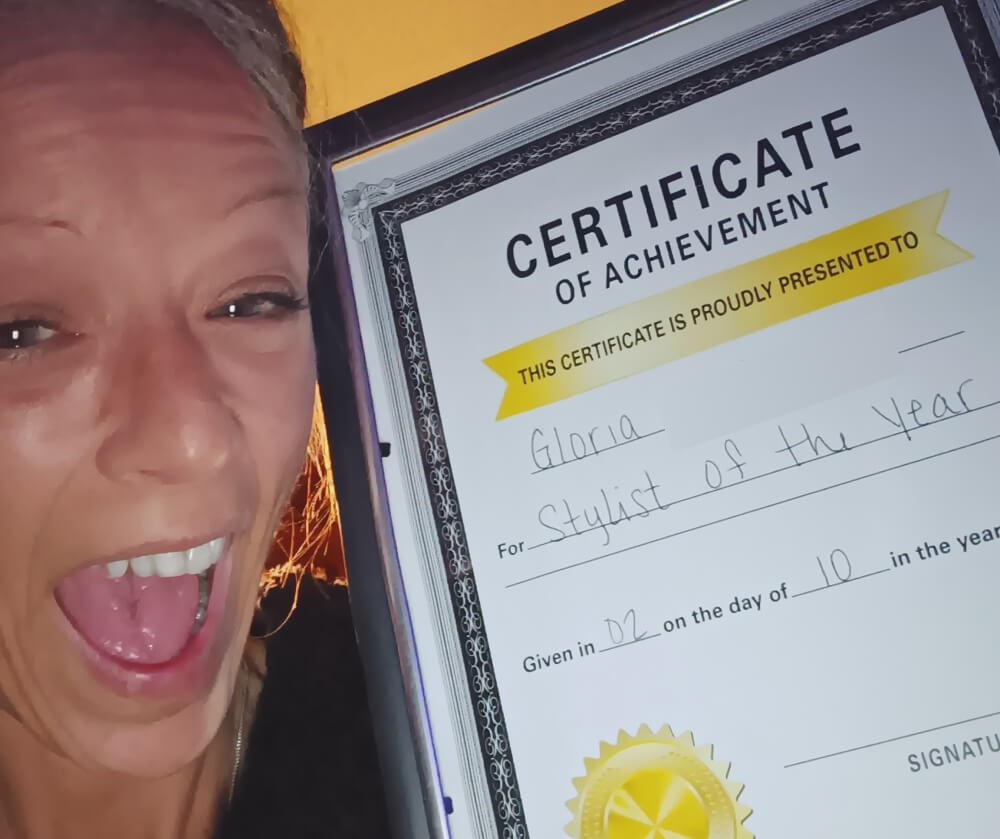Let’s take an in-depth look at an addiction memoir that addicts love.
I shouldn’t like Cat Marnell. I am, after all, a person prone to jealousy, and when I was living in New York, she started getting an inordinate amount of media attention—first from Gawker and then from so many publications that she even made it into The New York Times.
And what was she getting attention for? Being a party girl.
As a fellow party girl, I got judgy about Cat Marnell
As the sober author of a book called Party Girl, I had once gotten some ink—although mine wasn’t quite as mainstream and it also came after I had left my party girl persona behind. In sobriety—and especially in talking and writing about sobriety publicly—I’ve been keenly aware of how annoying sober people can sound. And so I’ve always tried to be as un-annoying as possible—non-sanctimonious, non-earnest, and, most importantly, non-judgmental of those still actively using alcoholically.
But it was hard for me to not judge Cat Marnell. She was, after all, getting attention for being an unrepentant addict—one who used Plan B as her preferred method of birth control, and told Page Six when she left her job that she “couldn’t spend another summer meeting deadlines behind a computer at night when I could be on the rooftop of Le Bain looking for shooting stars and smoking angel dust with my friends.” And so, I felt somewhat justified in having a problem with the way she—and the media that covered her—glorified drug addiction.
This means that when she got a highly publicized (and lucrative) book deal, I shook my head at the way publishing houses are seemingly more interested in capitalizing on scandals than in releasing quality books.
She won me over with her writing and honesty
I ignored it when her book, How to Murder Your Life, was released.
People told me it was good. I ignored them. And then I bought her book. And then I couldn’t put down her book.
And then I fell in love with her.
Not literally, of course—but with the way she writes about addiction. The girl I’d written off as some attention-seeking no-talent had written arguably the most honest and entertaining book about addiction out there (with the possible exception of Sarah Hepola’s Blackout, which is in its own league and PS if you want a fun fact, Hepola wrote that New York Times story about Marnell that I linked to above.) What’s most interesting to me about Marnell’s book is that while I was busy judging her for being unrepentant, she was busy writing, essentially, 374 pages of repentance.
In the book, Marnell walks us through her Adderall-popping youth, school expulsions, trips to rehabs and institutions, suicide attempts, and dysfunctional relationships with a shocking amount of self-awareness. Many addiction memoirs end with the author having a white light revelation in which the person realizes how selfish and self-destructive she was, but Marnell infuses her entire memoir with that awareness. She takes responsibility for every job she lost, every person she abused, every drug she did—and even, in the end, her troubled relationship with the father who got her hooked on Adderall as a teen. But it’s her descriptions of being on drugs that truly gave me the chills—especially an electrifying paragraph where she describes doing angel dust in a way that manages to include feeling like a “fluffy baby chick” and being on a boat as well as on a patio in Sardinia and then something about leopards in a way that makes perfect sense.
Marnell ends the memoir by explaining that although she’s not sober, she’s much better than she was—and the spectacular book she’s produced strongly backs up that fact. Abstinence-based sobriety isn’t for everyone. Harm reduction matters, and better truly is better. And her book is a strong message that recovery isn’t as black-and-white as some people think.








